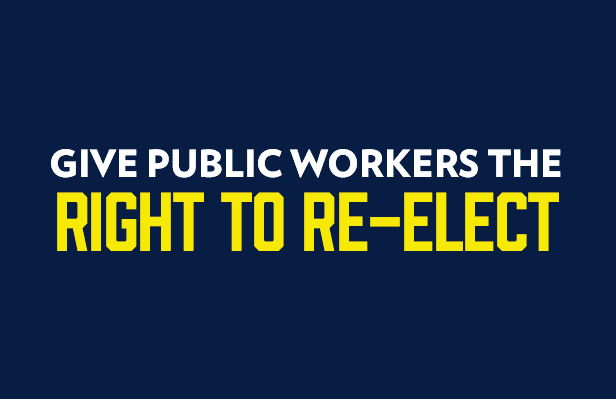Media

The Pretense of Democratic Unions
Control over the largest local teachers union in Pennsylvania is up for grabs.
The Caucus of Working Educators (WE) is challenging the leadership of the Philadelphia Federation of Teachers (PFT) because they believe the current leadership is incapable of getting things done.
At first glance, this looks like a democratic process, and it is up to a point. PFT members can challenge and choose their leaders to keep the politically powerful in check. However, this election will only determine who controls the levers of power in the union. The legitimacy of the union's right to represent teachers who prefer different representation will not be on the ballot.
For these teachers, the latest leadership election is of little comfort. No matter who wins, the PFT will continue to represent all members, regardless of their opposition to the PFT as an organization. This is a big problem.
Unions purport to be democratic institutions, but they function more like entrenched bureaucracies, protected by complicated laws from competition. Under Pennsylvania law, unions are not required to stand for re-election once the state grants them the right to act as the sole representative for public employees.
As a result, more than 99 percent of public school teachers never had an opportunity to vote for the union currently representing them. This is not what democracy looks like. Public employees must be able to hold their entire union accountable, not just the union leaders.
If lawmakers want to shift the balance of power from union executives to union members, they can require unions to stand for regular re-election—instead of putting the onus on workers to navigate their way through the time sensitive and labor-intensive union re-election process.
Mandatory union elections is just one of the reforms we call for in our recent policy brief, Bringing Democracy to Pennsylvania Labor Unions. Independent bargaining—the ability of union members to negotiate their own compensation—is another way to empower workers.
If unions were focused on winning re-election, they would be more inclined to worry about their members’ needs, rather than spending millions in dues on political causes, many of which alienate their own members.